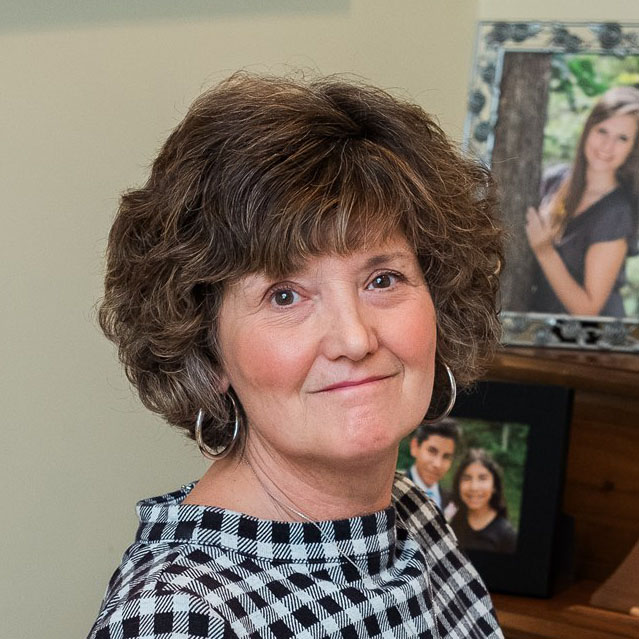
Write for Passion and Purpose
Writing invokes my shamefaced guilt: “I should be doing anything else but this solitary selfish activity.” And yet, the first thing I want to do when I awake is write.
In his book Think Like a Monk: Train Your Mind for Peace and Purpose, author Jay Shetty says: “Your passion is for you. Your purpose is for others. Your passion becomes a purpose when you use it to serve others.”
In other areas of my life, it is obvious. I am an organist. The church needs someone to play. I like to visit the sick. The church needs extraordinary ministers to make visits.
Caregiving contains more complication. As mothers and daughters and sisters and wives we are often reactionary; despite our desire to give of our deepest vocation, our passion for it can be polluted with interruptions and demands that may not be a part of our purpose.
Vinita Hampton Wright, an author, spiritual director, and former managing editor at Loyola Press, says, “If writing is your gift, then write. Consider it your job. This project you’re working on is the bit of the world that you’re holding in place for the rest of us. Your writing is your burden, your joy, your day-to-day time consumer. Figure out how to get it done.”
I wait until I have the perfect thing to write. Perfection never comes. Wright says, “An artist doesn’t wait for inspiration but generates inspiration through sheer work.”
I spent hours in the practice rooms at Penn State learning Bach’s preludes and fugues. The complexity and sheer magnitude of his music confounds me. As organist and cantor at St. Thomas Lutheran Church in Leipzig, Bach was required to turn out a cantata every week. While at St. Thomas, he composed 200 cantatas, several motets, five Masses, three oratorios, four settings of the Passion, and tremendous amounts of music for his cherished instrument, the organ. He surely wasn’t feeling creative every day.
Art turns a person inward. It seeks the solitary and can keep a soul from properly tending to the tasks of work or family life. And yet the creations of art, music, and literature provide others’ respite.
I discovered Mary Cassatt’s paintings on a trip to Washington, D.C., when I was in my early 30s. Cassatt was diligent in her daily hours-long pursuit of creating intriguing images of ordinary family life. I bought two inexpensive posters - “Children at the Beach” and “The Boating Party.” I hung them in our newly renovated old house, thinking someday I’d replace them with more “important” works. When we built a new house, I took them with us. There are still brush strokes I’ve never noticed or emotions on the subjects’ faces that I recognize anew.
“If painting is no longer needed, it seems a pity that some of us are born into the world with such a passion for line and color,” Cassatt said.
It is a pity to have something rattle around in your head, never giving it a place to settle. I cannot shake the understanding that the desire to write is a charism that cannot be ignored. Clarity of purpose eludes me, but I know that even my questions come from the Almighty; that guilt or shame regarding my ideas should not be part of my decision-making process; that all that has its inception in goodness and joy and beauty has only one source and my acting on that is good.
 Beth Casteel, wife of 36 years, mother of four and grandmother of two, writes with a passion for uncovering the stories of ordinary people. She worked as a newspaper reporter and editor and has advanced degrees in communication studies and creative writing. She contributed to Cloud of Witnesses, a Praise Writers publication. Her work can be seen at bethcasteel.com.
Beth Casteel, wife of 36 years, mother of four and grandmother of two, writes with a passion for uncovering the stories of ordinary people. She worked as a newspaper reporter and editor and has advanced degrees in communication studies and creative writing. She contributed to Cloud of Witnesses, a Praise Writers publication. Her work can be seen at bethcasteel.com.
Stay connected with news and updates!
Join our mailing list to receive the latest news and updates from our team.
Nobody wants SPAM. We will never share your information, for any reason.

